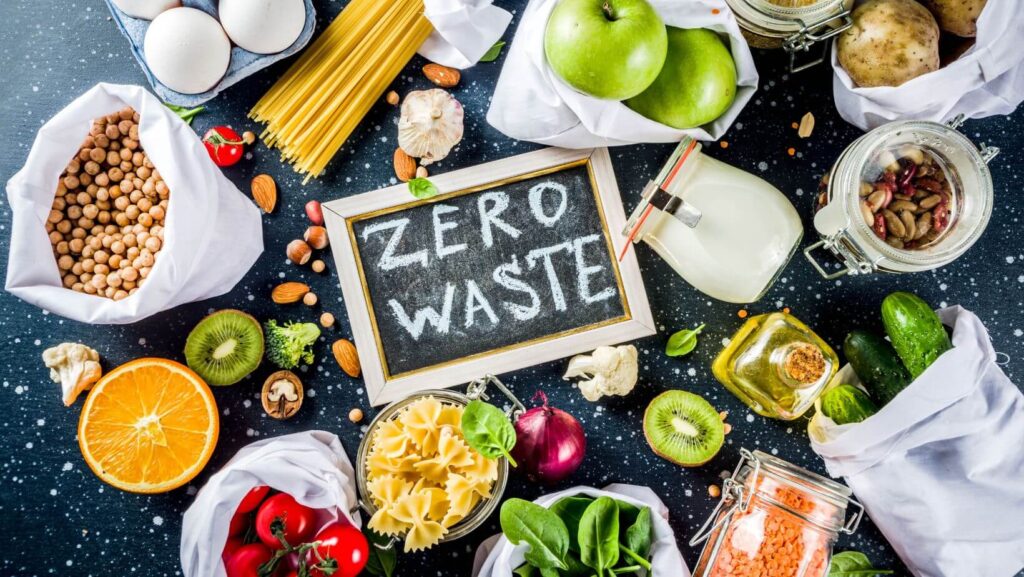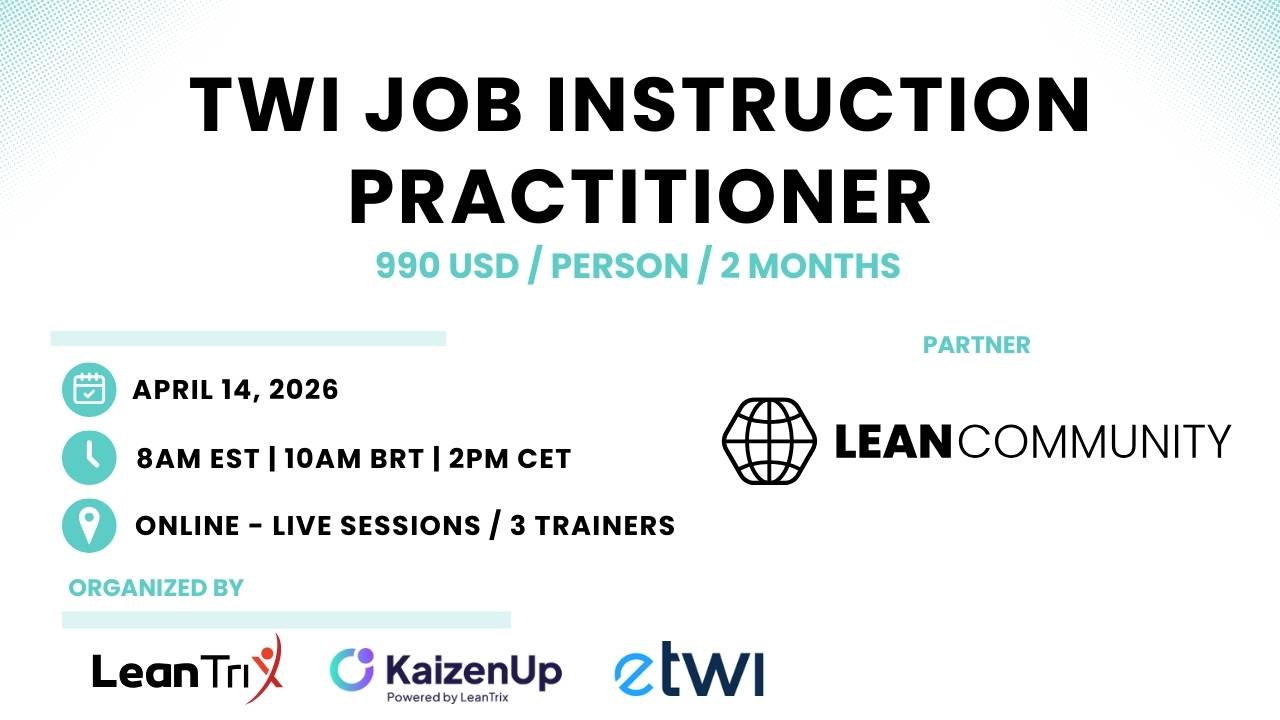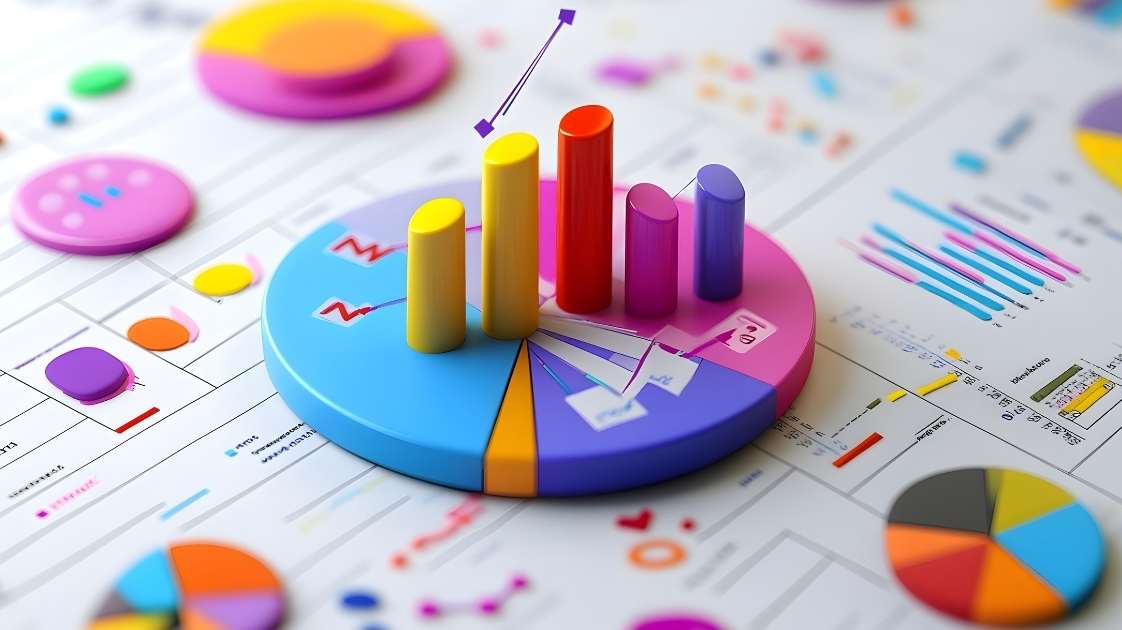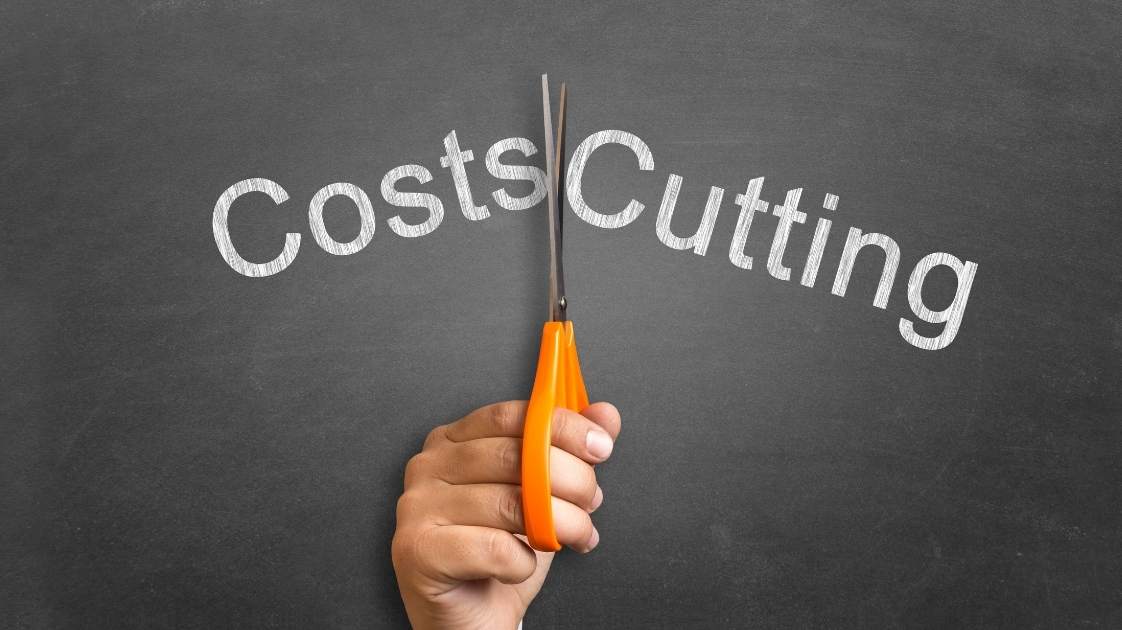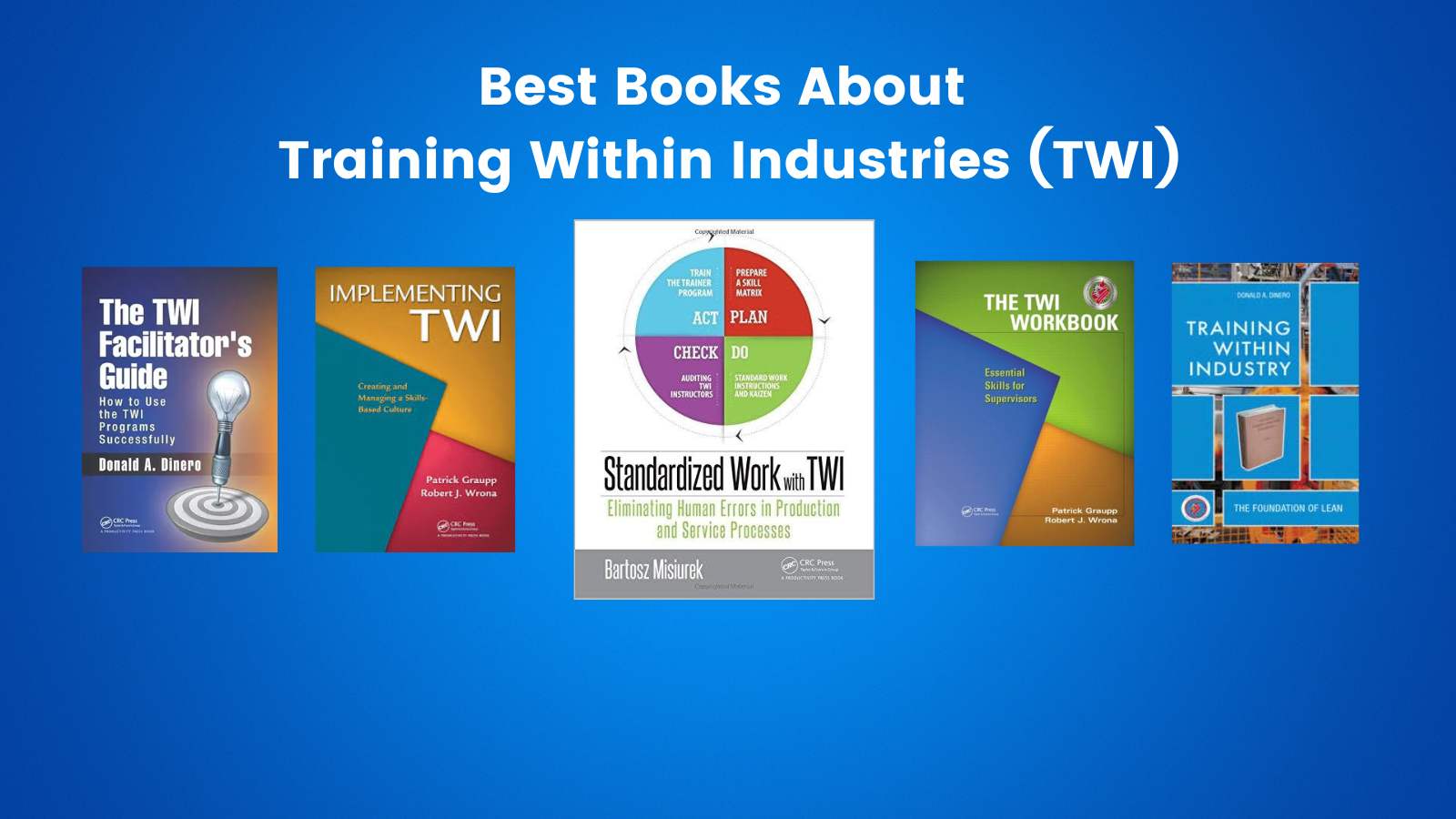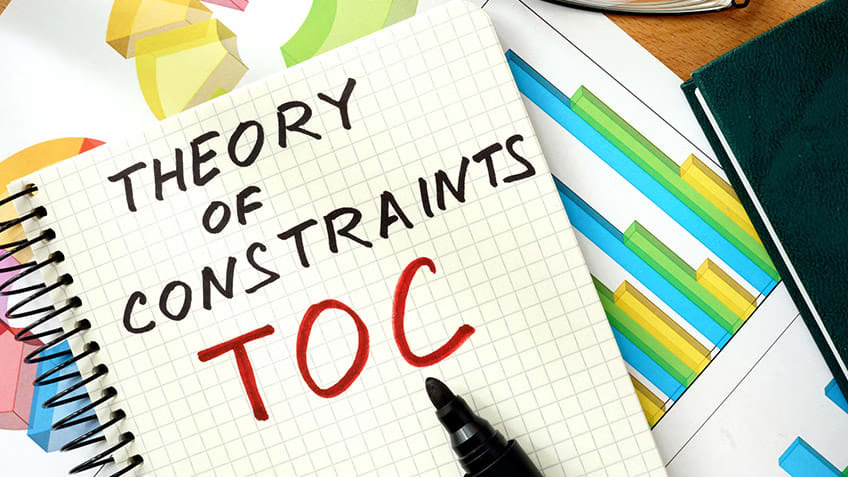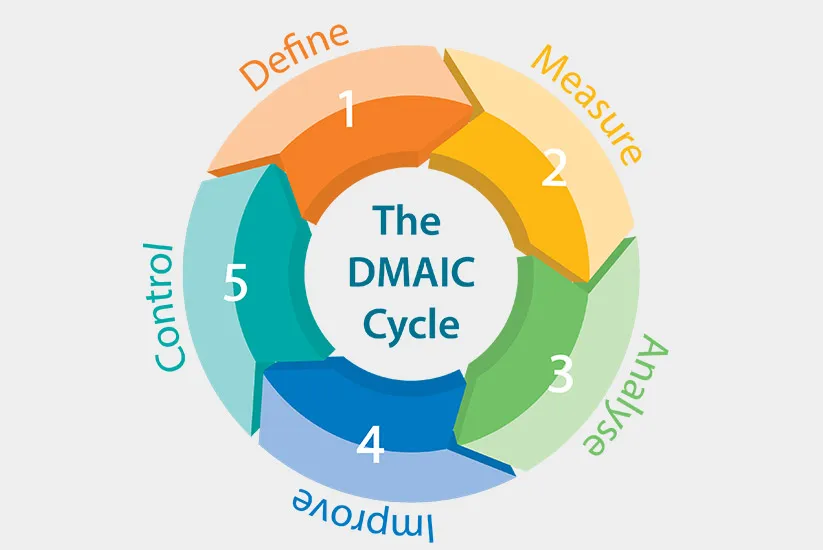Lessons on reducing food waste. Every day we waste time and resources, but one of the most alarming examples of waste is food waste. From the data obtained as part of the PROM project, aimed at examining how much food is wasted in Poland throughout the production chain (https://lnkd.in/dz4cwunc), we learn that in Poland, we waste as much as 5 million tons of food annually. The gastronomy sector is responsible for 1% of wasted food, and over half of the discarded food (up to 60%) comes from households. Perhaps commentary is unnecessary.
Table of Contents
ToggleTeaching the Value of Food Through Experience
I have always tried to instill in my children the principle of respect for people, time, resources, particularly food. “Do not throw away food because people in the world are starving”; “Serve yourself less and come back for seconds if you want, but don’t throw away food because…” and so on. Dry slogans, empty words mean nothing and do not bring results. In conversations with children, just as in conversations with employees in an organization, we should rely on data, on facts.
A Practical Lesson in Food Waste for a Nine-Year-Old
I decided to approach my nine-year-old daughter this way. As usual, she served herself more than she could eat (because her eyes were bigger than her stomach) and left leftovers. What did we do? I asked her to bring a kitchen scale and weigh what was left. Then, we added the equivalent amount from unconsumed sandwiches brought home, leftovers from breakfast and dinner, etc. She multiplied the result by the number of days in a year. This way, she figured out that she herself wastes about 40 kilograms of food per year. We examined the prices of ingredients for the most frequently prepared dishes and estimated how much money she threw away. Finally, I asked: Should I deduct this from your allowance?
Rethinking Education: Addressing Food Waste in Schools
Lessons on reducing food waste. This experiment influenced how she approaches throwing away food now. She understands the enormous amounts and costs involved. And we’re only talking about leftovers, not about discarding what we bought too much of and expired. Incidentally, she had a lesson in measuring, calculating, estimating, the concept of scale… thinking. Food waste is discussed during parent-teacher meetings at schools. Teachers showed us pictures of the contents of trash bins. It’s appalling what and how much children throw away. Perhaps it would be worthwhile to conduct such an experiment in schools? Maybe let the children themselves dig into the trash bins, take out what they throw away, and learn in a similar way how much it costs, what scale it is, and what social dimension it has? Data and facts speak more emphatically to us.
Dr. Iwona Burka holds a Ph.D. in Economics and has carved a distinguished career as a business trainer, researcher, adviser, and university lecturer. Celebrated for her contribution to various papers on management systems, she's also co-authored the seminal book, "Lean Service in theory and practice". With years immersed in the real-world implementation of management systems, Dr. Burka excels at simplifying complexities and excess. She fervently champions the optimization of organizational processes using the Lean approach combined with the Kaizen philosophy.
